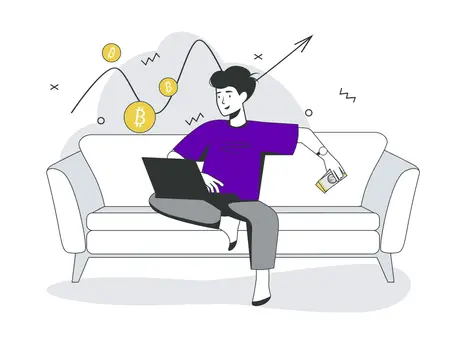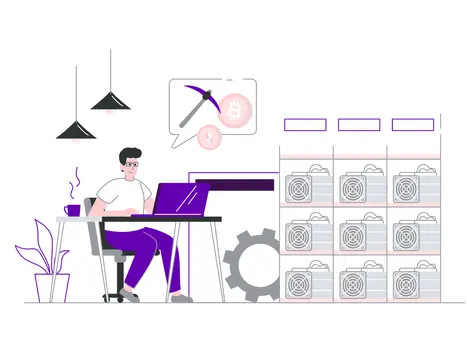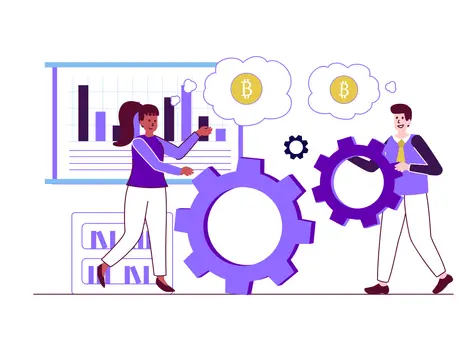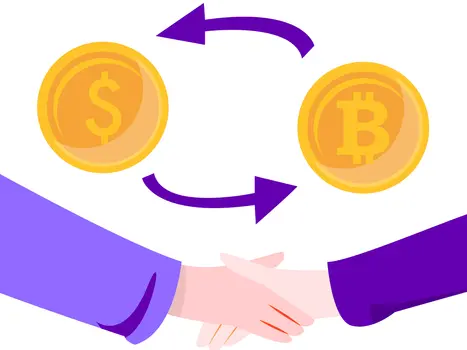What is tokenization?
Tokenization is the process of digitally representing assets, ensuring security, transparency, accessibility, and agility
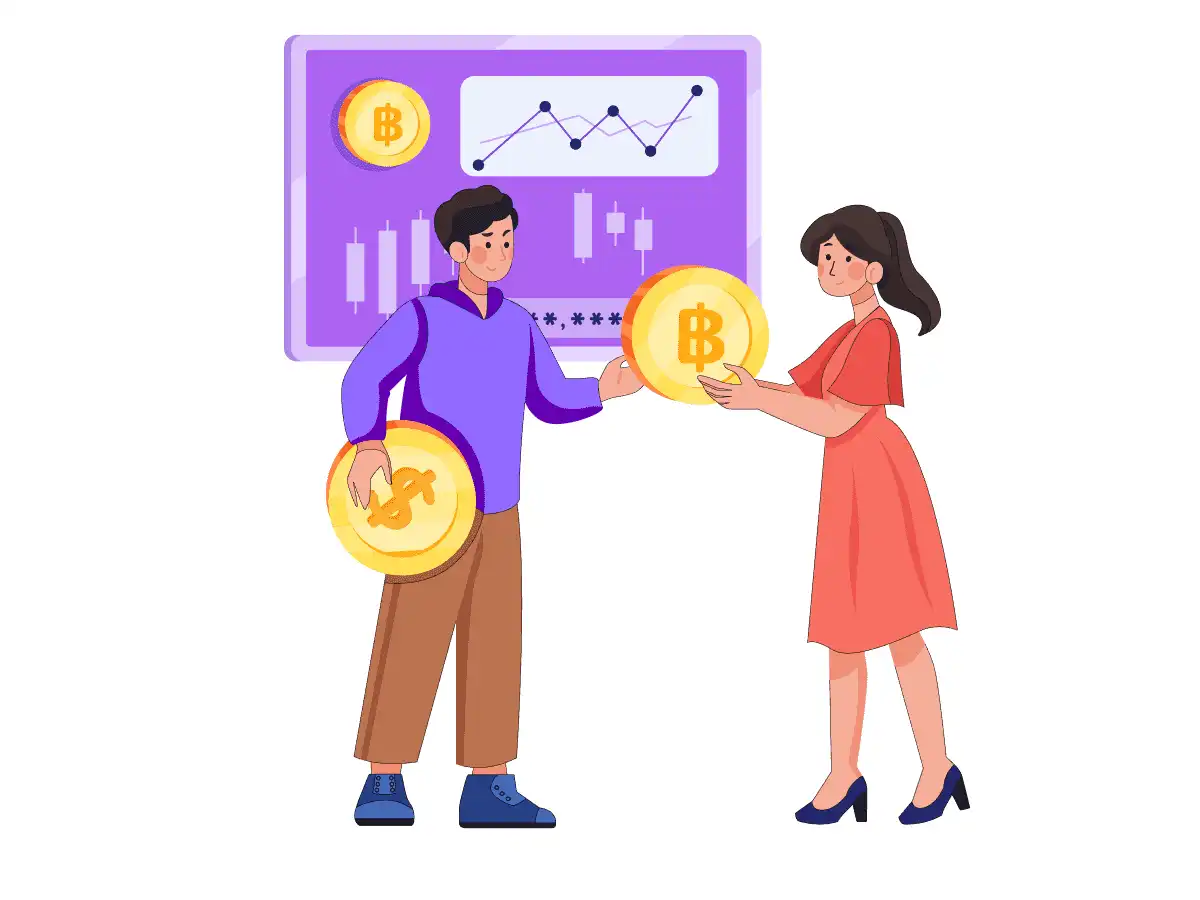
Even before the internet, token systems already exist. Buying a subway token or a casino chip is the same logic. You may think of tokens as codes that digitally represent an asset (things of value) or part of it. The most famous examples of tokens target digital payment transactions, such as cryptocurrencies. However, this technology is not restricted to the world of cryptoassets, being increasingly present in transactions, services, and data in general. Tokens can represent tangible assets (such as real estate or a car) and intangible assets (patents, cryptocurrencies, and even digital art). Each token works in a way and has a specific goal. We call this tokenization.
There are three different ways to generate a token:
Applying cryptography mathematically reversible with a key;
Using a non-reversible application such as hash generated in blockchain technology;
Creating a single sequence or index of automatically generated numbers. The 2FA security mechanism generates tokens in this way.
What types of tokens exist?
Tokens are essential in the decentralized digital economy, working in line with the blockchain. But both the centralized economy and other sectors have already seen tokens as a way to safely handle digital data.
Types of tokens running today:
- Payment Tokens:
These tokens are linked to cryptocurrencies and are the "codes" used to transfer capital.
- Utility Tokens:
Getting a token of this type will give you access to something. It can be a product or service, physical or digital. Utility Tokens can represent an exclusive benefit, a discount coupon, a voting right. Many companies choose to adopt this model to operate customer and employee benefits because it is a faster, more direct, and less costly process.
- Security Tokens:
This type of token represents securities, a way of owning something or part of it without getting the object itself. You can, for example, be the owner of a portion of a company by acquiring a share of it. Security tokens act on this type of asset. Other examples can be debts, debentures, guarantees, or even real estate funds.
- Non-Fungible Tokens (NFTs):
These are unique, authentic tokens, which denote originality. The digital arts and games market has applied a lot of this type of token. It's representing copyrighted works and even objects/rewards in games. An album by the Kings of Leon band, for example, has already been sold on NFT. It's the buyer's way of making sure he was buying something original, with no possibility of copies.
Tokenization benefits
The traditional investment world includes many intermediaries involved in transactions. Tokenization eliminates them by adding a fingerprint to each asset and allowing the exchange of tokens between participants without having to rely on third parties.
Tokenization is especially relevant for cryptography investments, which work with blockchain technology. Tokens can be purchased on one or more of the many digital networks available, such as Ethereum, Bitcoin, Ripple, Litecoin, or other protocols.
That's the current reality of tokenization, but this industry may bring many innovations in the future. Traditional markets are increasingly using technologies launched by cryptocurrencies, such as the blockchain, to facilitate their processes and make digital operations simpler and more secure. At the same time, cryptoassets universe grows and reinvents itself every day, developing even more opportunities and facilities through technologies.
